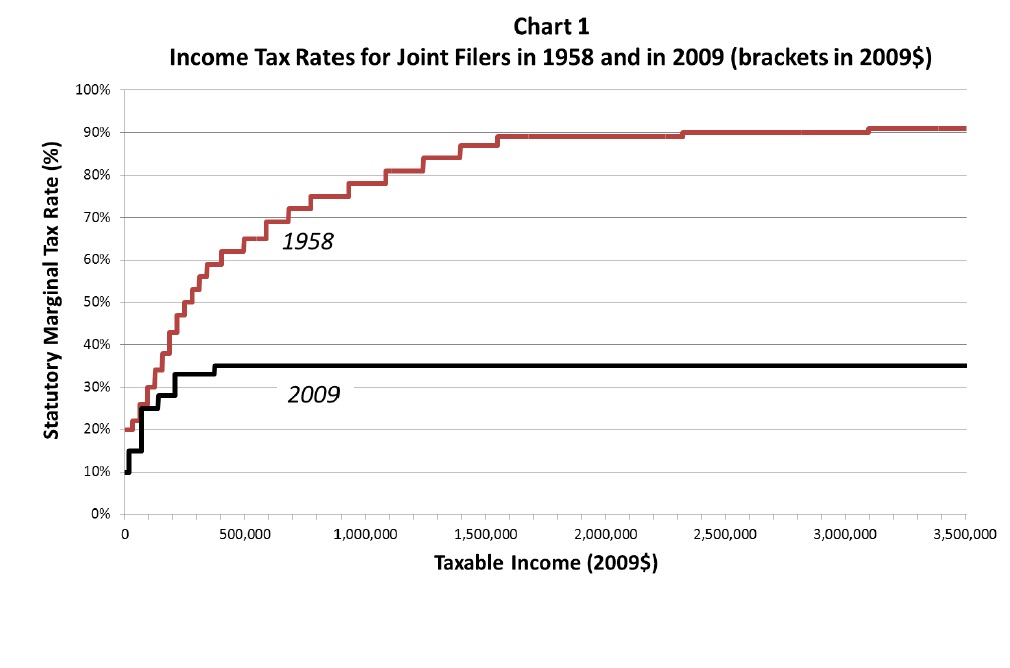sc94597 said:
You're obviously more knowledgeable in economics than I am, but I have a question regarding spending. If one's spending the same amount and taxing less I would think the GDP growth rate situation would be much different than if they're spending more and taxing less, and government spending in the U.S HAS been increasing. Of course, you might be right that taxes must increase, but I wouldn't say that spending is not a problem or at least the amount. One of the things that has been causing this is that the government keeps messing with the debt ceiling. This enables the government to keep borrowing and borrowing without taxation, and hence our growth rate is low, because the dollar is devalued. So I don't think one solution: decrease spending or increase taxes is the solution. The real solution is to limit the government's ability to enable itself without accommodating for this with tax increase by borrowing printed money. |
I need to correct you first on a major misunderstanding that is really common amongst Americans, and that you've shown in this post.
The debt ceiling isn't about giving the government the ability to borrow more money. It's about giving the government permission to pay off the debt. I don't know the finer details of it, but public debt will continue to increase with or without raising the debt ceiling.
The fact that the debt ceiling keeps being raised is simply because debt is continuing to accumulate. The increasing debt isn't because of the raising debt ceiling. The raising debt ceiling is because of the increasing debt.
Furthermore, public debt doesn't devalue the American dollar. Two things can devalue the American dollar - reduction in investor confidence, and more American money being printed. The latter is something the government can control directly and causes massive inflation, the former is something it can only influence through policy and enactment of laws.
The argument from anti-tax crusaders is that investor confidence will increase if you decrease taxes. But the thing is, decreasing taxes will make the deficit (and therefore debt) problem worse, which will massively depress investor confidence. The unwillingness of government to do what needs to be done is also depressing investor confidence - politics over policy is bad for the economy (hey, that almost rhymes :P).
Decreasing spending in the short term is going to have to happen, as I already noted. Part of the reason for this is that public debt is larger than your GDP, which means that even if the government could take every single dollar from the economy for a year without destroying the country (and pretending that the economy itself wouldn't disappear within days of beginning this), it still would not be enough to completely pay off your debts.
But large amounts of spending cuts will also be devastating to the economy. Even if you ignore the rest of the economy, government spending is part of it, and with a GDP of around $15 trillion and spending of around $3.6 trillion, you'd see a GDP decrease of at least the order of 20% if the government ceased all spending. That's well beyond a depression. Of course, this is a case of reductio ad absurdum, but I think you get my point.
Oh, and I may seem knowledgeable about economics, but it's more that I'm very knowledgeable in mathematics, and am able to apply reasoning to economics. All of the finer details, I wouldn't have a clue about. Which is why I speak in terms of the broader details.
http://media.zenfs.com/en/blogs/thesignal/Top-Marginal-Tax-Rate-and-GDP-Growth.png">















































